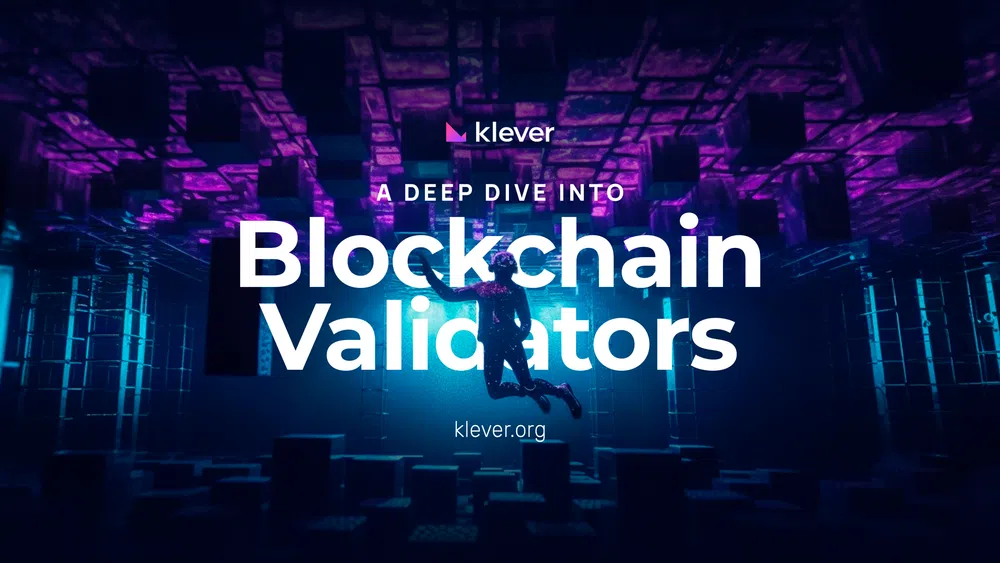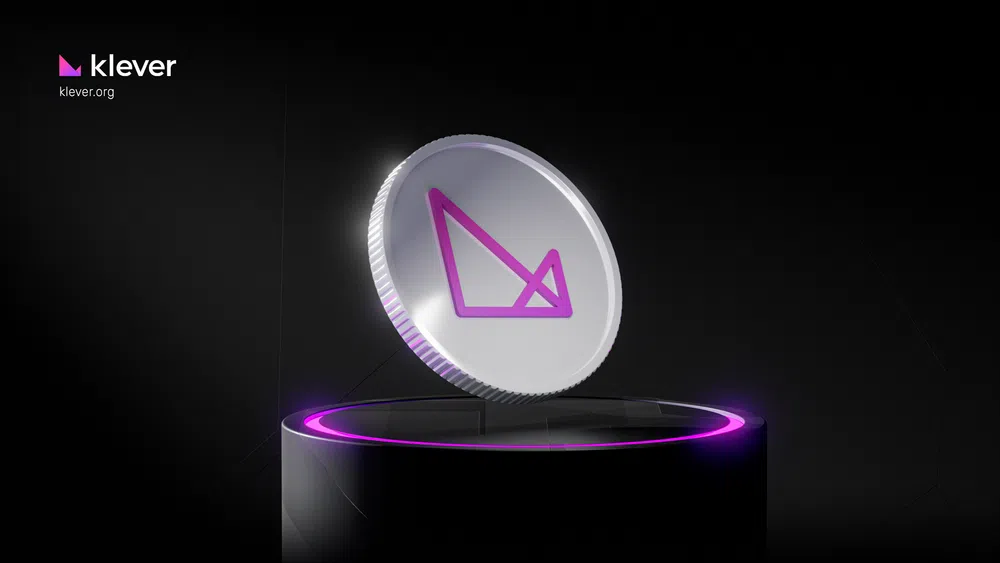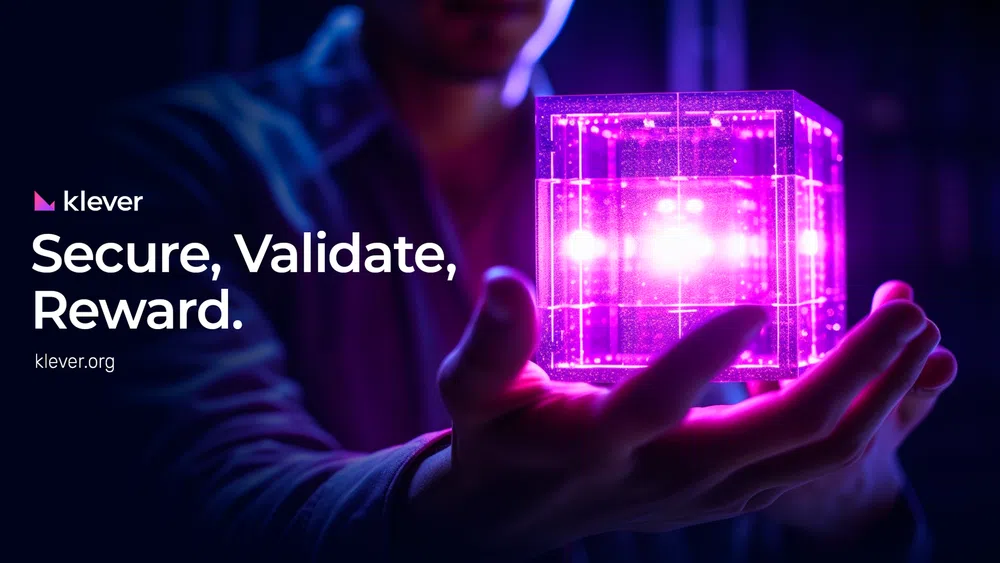
Blockchain technology has changed the way we see and use digital assets. At the core of this technology are validators, which play a crucial role in keeping the network secure and intact.
The Role of Validators in the Blockchain Ecosystem
Blockchain validators are responsible for checking and confirming transactions that occur within a network. By doing so, they maintain the integrity of the shared ledger, ensuring that only valid transactions are added to the blockchain. Validators play a crucial role in the overall security and agreement systems that support blockchain technology.
Types of Blockchain Validators
There are several types of validators, each with its unique method of validating transactions and ensuring network security. The most common types of validators include:
Full Nodes
Full nodes are computers that store a complete copy of the blockchain. By doing so, they can independently verify transactions and ensure that the network remains secure. Full nodes are essential for maintaining the decentralization and security of the network. In the Bitcoin network, for example, full nodes are responsible for verifying all transactions and blocks, preventing the network from being controlled by a single entity.
Mining Nodes
Mining nodes, commonly found in Proof of Work (PoW) blockchains like Bitcoin, are responsible for solving complex mathematical problems to validate transactions and create new blocks. Moreover, miners receive a reward for their efforts, usually in the form of newly minted cryptocurrency. This process, known as mining, incentivizes individuals to participate in the network and maintain its security.
Staking Validators
In Proof of Stake (PoS) blockchains, like Ethereum 2.0, validators are chosen based on the number of tokens they hold and are willing to “stake” as collateral. These validators are responsible for proposing and validating new blocks, with the network selecting validators in proportion to their stake. Staking validators are rewarded with additional tokens, incentivizing them to maintain the network’s integrity.
Blockchain Validators and Consensus Mechanisms
Blockchain consensus mechanisms are the methods by which validators reach an agreement on the validity of transactions and the state of the network. The most widely used consensus mechanisms include:
Proof of Work (PoW)
Bitcoin introduced Proof of Work as the original consensus mechanism. In PoW, validators, also known as miners, compete to solve complex mathematical problems. The first miner to solve the problem gets to add a new block to the blockchain and receives a block reward. PoW is highly secure and resistant to attacks but can be resource-intensive and environmentally unfriendly due to its high energy consumption. Mechanisms are currently in play to reduce the “enviromentally unfriendly” status.
Proof of Stake (PoS)
Proof of Stake is an alternative consensus mechanism that addresses some of the issues associated with PoW. In PoS, validators are chosen based on the number of tokens they hold and are willing to stake as collateral. The more tokens a validator holds, the higher the chance they have of being selected to validate a block. PoS is more energy-efficient than PoW and encourages long-term investment in the network.
Delegated Proof of Stake (DPoS)
Delegated Proof of Stake is a variation of PoS that allows token holders to vote for a small number of trusted validators, known as delegates. Delegates are responsible for validating transactions and maintaining the network. DPoS is faster and more efficient than PoS but can be more centralized due to the limited number of delegates.
Proof of Authority (PoA)
Proof of Authority is a consensus mechanism in which a limited number of pre-approved validators, often known as authorities, are responsible for validating transactions and maintaining the network. Validators are chosen based on their reputation, and the network relies on their trustworthiness. PoA is highly efficient and less energy-intensive but can be more centralized compared to other consensus mechanisms.
How Validators Benefit the Blockchain Ecosystem
Validators are essential for the proper functioning and security of a blockchain network. They provide numerous benefits to the ecosystem, including:
Network Security
Validators maintain the security of a blockchain network by ensuring that only valid transactions are added to the blockchain. They prevent malicious actors from double spending, reversing transactions, or creating fraudulent blocks.
Decentralization
Decentralization is a core tenet of blockchain technology, and validators play a crucial role in achieving it. By distributing the responsibility of validating transactions across multiple independent nodes, blockchain networks become more resilient to attacks and maintain their trustless nature.
Consensus
Validators are key participants in the consensus process, enabling the network to reach agreement on the state of the blockchain. Consensus mechanisms, such as PoW or PoS, rely on validators to validate transactions, ensuring the integrity of the network.
Incentivization
Validators often receive rewards for their efforts in the form of newly minted cryptocurrency or transaction fees. This incentivization encourages more participants to join the network, further securing and decentralizing the ecosystem.
Klever Blockchain Validators: Expanding the Blockchain Ecosystem

Klever Blockchain is a unique network that offers a range of capabilities for its validators, thereby expanding the possibilities and potential of the blockchain ecosystem.
Accounts and Nodes in Klever Blockchain
Klever Blockchain consists of two primary entities: accounts and nodes.
Accounts
Additionally, accounts are the fundamental components of Klever Blockchain, with each account having a private and public key pair. The private key holder can sign transactions, while the public key represents the account. The Bech32 human-readable format derives the account address from the public key.
An account can hold various assets, such as KLV (Klever’s main asset), KFI (Klever finance governance asset), and other tokens deployed on Klever’s blockchain. Additionally, each account has an associated mapping storage, which can store binary values.
Nodes
Nodes are devices connected to the Klever network, maintaining historical data and performing actions upon user requests. Additionally, each node is uniquely identified by its 96-byte-long BLS public key, allowing the network to rate and reward individual nodes based on their contribution. Furthermore, to become an active entity, a node must upgrade to a Masternode by staking a significant amount of KLV as collateral.
Klever Blockchain Validators and Consensus Mechanism
Klever Blockchain employs Proof of Stake (PoS) as its consensus mechanism, with validators chosen based on their KLV holdings. Furthermore, to become a validator and operate a Masternode, a user must provide proof of holding a minimum amount of KLV.
Masternodes
Masternodes are full nodes on the network that receive incentives and rewards for operating and performing actions on the blockchain. You obtain masternode status by staking KLV, and you also participate in the KLV staking pool. The network has a limit of 500 eligible Masternodes, all competing for a spot among the top 21 block producers.
Practical Byzantine Fault Tolerance (PBFT)
Klever Blockchain uses the PBFT consensus algorithm, which comprises three phases: Pre-Prepare, Prepare, and Commit. Additionally, the algorithm ensures that nodes achieve consensus even when some nodes are faulty. Furthermore, the PBFT process plays a crucial role in evaluating and granting bonuses to Masternodes.
Klever Chronology: Slots and Epochs
Klever Blockchain’s chronology is organized into slots and epochs, which, in turn, help manage the network’s time and validator selection. Additionally, this structure ensures efficient and orderly operation of the network. Consequently, it enhances overall performance and reliability.
Slot
A slot is the minimum time delay between each block before an elected Masternode proposes a new block. The initial slot time is 4 seconds, and the network can update it through proposals.
Epoch
Epochs are sets of slots with a fixed time duration; each epoch lasts 6 hours. The network can also upgrade this parameter through proposals. At the end of each epoch, the system selects a new set of Masternodes as the next Epoch validators.
Masternode Selection
At the beginning of an epoch, the system randomly chooses 21 Masternodes as validators for that epoch based on the previous hash. Additionally, the system can choose a Masternode as a validator multiple times in a row. Moreover, network proposals can change the number of Masternodes.
Klever Blockchain Validators play a vital role in the Klever Blockchain ecosystem, contributing to the network’s security, decentralization, and overall functionality. With unique features such as Masternodes, PBFT consensus, and a flexible chronology system, Klever Blockchain Validators.

The Future of Blockchain Validators
As blockchain technology continues to evolve, so too will the role of validators. In the future, we can expect to see:
Continued Evolution of Consensus Mechanisms
As blockchain technology matures, we can expect the development of new consensus mechanisms that improve upon existing models. These new mechanisms will likely be more efficient, secure, and environmentally friendly, further enhancing the effectiveness of validators.
Increased Focus on Decentralization
As blockchain networks grow and expand, there will be an increased emphasis on decentralization to maintain security and trustlessness. Validators will play an even more significant role in achieving and maintaining decentralization, as the technology becomes more widely adopted.
More Specialized Validators
With the emergence of new consensus mechanisms and increased complexity in the blockchain ecosystem, validators may become more specialized, consequently focusing on specific tasks or types of transactions. Consequently, this specialization could lead to more efficient and secure networks, as validators become experts in their respective areas.
Increased Collaboration Between Validators
As the blockchain ecosystem continues to grow, we may see increased collaboration between validators across different networks. Furthermore, this cooperation could help promote cross-network interoperability, allowing for seamless interaction between different systems.
In conclusion, validators play a vital role in the blockchain ecosystem, ensuring the security, decentralization, and consensus of the network. Additionally, as the technology continues to evolve, we can expect validators to adapt and grow in importance, solidifying their position as essential components of the blockchain landscape.